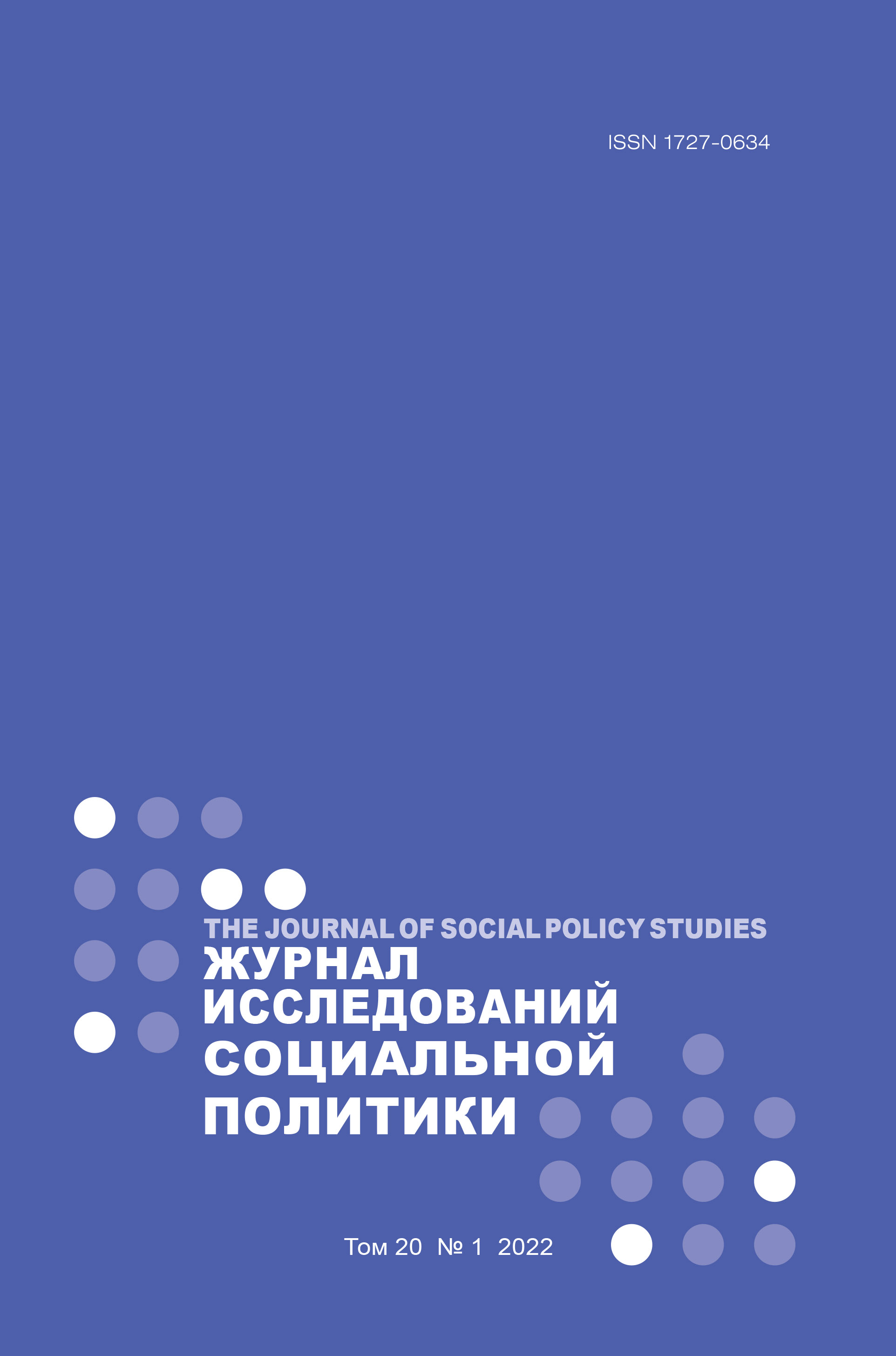Sociable Space and Social Policies in Iranian Urban Local Communities
Abstract
Changes in the spatial arrangement and dominant social processes of urbanization over the past few decades in Iran have failed to allow communities to shape their social interactions. This paper is a synthesis of a quantitative and qualitative study of community responses aimed at creating good social spaces within local communities in Tehran. First, we identified Perceived Residential Environment Quality indicators (PREQ) as tools for determining the effects of environmental quality (EQ) of sociable spaces. Then key social governance-related concerns were studied on the basis of five questions including: Are the decision-making and regulatory processes open, rigorous and accountable? Is the environmental quality assessment process adequate? Does the government have the intention and capacity to monitor and enforce regulations? Has the interaction of community members in decisions been timely and have local actors been significantly involved? Have local governments been included in decision making? It is observed that community residents identified systematic gaps and problems in decision-making processes and sometimes even used them to advance individual interests, because they do not feel that they are dealt with justice and see the current laws as depriving them of access to more resources. In many cases, regulatory protections and assessments of social and environmental values lagged behind the physical construction. Administrative bureaucracies without creating a real participation have been increased. Overall, we argue that as a common ground, environmental activities can bring together people in the local community but when such functioning systems are put in place to ensure community engagement. So, despite extensive formal endorsement, they should provide for an effective as opposed to a symbolic involvement of stakeholders other than governmental authorities.















